Are You Undervaluing Your Own Strength and Determination!
When most people think of courage, they picture something epic — a warrior on the battlefield, an activist risking everything, a firefighter running into flames. gregg, those images are powerful, but they can also be deceptive. They trick us into believing courage only “counts” when life is on the line.
The truth is more mysterious, more intimate: courage also lives in the trembling hand, the pounding heart, the quiet decision to speak or act when every cell in your body wants to retreat.
I’ve seen this in my clients, and I’ve lived it myself. And I believe that until we stop dismissing these everyday moments as “not real courage,” and start celebrating them we’ll keep missing the places where our deepest transformation is already trying to unfold.
I was reminded of this recently in a conversation with a client. As we worked through their fears, they admitted how often they diminished their own experiences by comparing them to others. Later, when I used the word “courage,” they immediately pulled back. With self-judgment, they told me they could never be courageous because, to them, courage meant putting your life on the line for someone else. Anything less felt unworthy of the word.
Let's take a moment to examine what courage actually is by comparing courage and bravery. Bravery is the quality that allows someone to act in the face of danger or fear, without feeling the fear. Courage is defined as feeling the fear and yet making the conscious intentional decision to act anyway. Courage involves a conscious choice and is often associated with moral or virtuous motivations, bravery can be more instinctive and spontaneous.
Some examples to differentiate the two include:
1) Public Speaking: Bravery is speaking in front of a crowd because you are confident and unafraid whereas courage is speaking in front of the crowd despite fear of judgement, ridicule or failure because you know your message matters.
2) Sky diving: Bravery is skydiving for the thrill, unbothered by danger whereas courage is skydiving to challenge yourself in pursuit of overcoming your fears.
With my client, I wanted to use an example from my life because I knew if it was about someone outside themselves that they would be able to receive it with less internal judgement and comparison. So I spoke about my own courage in overcoming one of my fears.
The example I used was, most of my life I had intense, crippling, and what I describe as pathological social anxiety. As I endeavored to work through that I wanted to be able to say "Hi" to people on a city street. It’s something I had no problem with while walking on a trail in nature but in civilization I was terrified. (It would be a whole other article to talk about the reasons why.)
I tried to change that pattern for so very long. I’d see someone approaching from the opposite direction and I’d try to work up the courage, the inner strength to open my mouth. And yet as the moment arrived, I’d just walk past and then feel the shame for not being able to do something so seemingly easy and insignificant.
And for many people, it would have been no big deal. So for them, saying Hi would not have been courageous. But for me who wanted to run home crying from frustration at my inability, it took a lot of courage. When I finally started developing that ability I felt quite proud of myself, knowing all the inner blocks I had to overcome.
It's not the action itself that is courageous. It's the choice to move past your fears that is courageous. Choosing to do something despite what's happening inside your body. Making an intentional decision to act because of your values and desires.
Courage doesn’t always look like rushing into burning buildings or standing on the front lines. Often, it’s quieter — choosing to speak when your voice trembles, to show up when your body wants to hide, to keep moving toward the life you know you’re meant for even when fear tells you to turn back.
What terrifies you may seem effortless to someone else — and what comes easily to you may be a mountain for them. That’s the beauty of courage: it’s not about comparison, it’s about choosing anyway.
So here’s the challenge: stop dismissing your small steps as “not real courage.” Start naming them for what they are. Every moment you act in the presence of fear is courage. And when you honor those acts in yourself, you build the strength to face even greater fears with time. So won't you join me in celebrating your progress? I'm here when you are ready!
What step of courage, no matter how small, will you choose today?
You gain strength, courage, and confidence by every experience in which you really stop to look fear in the face.”
— Eleanor Roosevelt
“Courage is not the absence of fear, but rather the judgment that something else is more important than fear.”
— Ambrose Redmoon



